
It is late September and the pebbled streets of Durham are quiet. It’s the calm before the storm: Within a matter of days, freshers will be arriving in this tiny, picturesque North East city in their hundreds, for an introductory week of bar crawls, bops, and balls.
The prestigious university is renowned for its strong academic reputation; its stunning gothic architecture, which formed the backdrop for several Harry Potter films; and its proud sporting tradition, second in the university rankings for the past five years, behind only Loughborough.
But nearly a year ago, the university topped an altogether different table: It was named as the institution with the most reported sex attacks on students. The 36 attacks over two years was the same number as at the University of Oxford, but higher proportionally, given Durham’s smaller student body.
The figures – which showed there was the equivalent of one attack reported per day in term time at universities around the country – were released as two high-profile criminal cases against Durham students were ongoing. In January this year, physics undergraduate Samuel Bunyan was jailed for two years and eight months after being found guilty of sexually assaulting a female undergraduate after her birthday party.
After the new statistics, news articles singled out Durham for a “vile culture of sexual violence” and “a conspiracy of silence at the university”, but a year later, and as a new intake of freshers arrive, the university says that’s not the full picture. A higher number of reported attacks shows that its efforts to tackle sexual violence are working, it claims.
Among those visiting the university library on a sunny autumn afternoon before term began, when BuzzFeed News visited, opinion on the subject is divided.
“I think that one of the big problems is that up here the alcohol is so cheap and that leads to a lot of people acting inappropriately,” said Claire Maynard, 25, who is in the final year of her biology PhD, though she said she hadn’t witnessed any sexual violence herself.
Jonathan Lester (pictured below), a 21-year-old who is studying archaeology, said he thinks the high-profile cases involving Durham students in Durham may have encouraged more potential victims to come forward. He told BuzzFeed News: “Being one of the top universities we are under public scrutiny a bit more. We’ve had issues in the past, big rape cases, I think that has an impact.”
Lauren Kancle (picture below), a 34-year-old studying for a master's in paleopathology said she feels “very safe” in Durham and was surprised by the figures. “I’m from the US so I’m used to a much higher level of violence. In general being here I feel very, very safe,” she said. She also said she thought Durham’s reporting systems were good, saying: “I know that information is available – I know where to go to find it.”

But another student, who asked not to be named, said she had been a victim of sexual violence herself, and described the issue as “the biggest problem that Durham University faces”.
She told BuzzFeed News she wasn’t surprised by the high number of reports. “Having been a victim of sexual violence myself, as well as knowing two other girls just in my larger friendship group who have experienced similar situations, I think that Durham, as an extremely insular university city, unknowingly allows for a higher proportion of sexual violence due to several factors.”
Durham’s individual colleges – a setup shared by only a few other UK unis – was one, she said. “The college system helps people get to know one another but, in terms of sexual violence, this is a double-edged sword. We feel 'safe' when we go out as we know everyone, but a higher percentage of acts of sexual violence are committed by someone who the victim has known previously.
“Being around groups of people that you know means that people often feel safer consuming alcohol and it is obviously easier to take someone home if others around can see that they know each other, and therefore won't stop them, even if one of the pair is far too drunk to be able to give consent.
“In the aftermath, reporting sexual violence can lead to ostracisation from friendship groups, which means that few people do report, allowing perpetrators of sexual violence to repeat offend or just see what they did as a 'bit of fun on a night out'.”

Many students said that sexual harassment seemed to be accepted – but that this was not specific to Durham at all. “It’s not at all unheard of, very linked to lad culture, sports culture,” said Jo Chandler (pictured above), 21, who is studying theology and history. This was no different from any university, she said. “I don’t think spending time as a student here you would notice that.”
Since the figures came out, Durham has become one of many universities around the country to offer consent classes. Its optional online consent workshop launched in early 2017, and covers consent, communication and relationships, and bystander intervention, which teaches people how to help when they witness assault or harassment. Some colleges have also scheduled mandatory talks on consent during freshers’ week this year.
But the student who had experienced assault questioned whether the workshops would be taken up by the people who needed them. “Freshers are also often pressured into being a 'lad', therefore will often ridicule such workshops, despite their importance,” she said.
Lester told BuzzFeed News that he wouldn’t personally feel the need to attend a consent class, but could see their benefit and “doesn’t think it would be any harm” if the sessions were compulsory.

“Most people think they know what consent is,” he said, “but some people in clubs … the things they do, and things people say, conversations I’ve heard objectifying women [suggest otherwise].”
Durham has been active in trying to address these issues, since long before the reporting figures came out. The recommendations of a taskforce of students and staff in 2015 have led to the student union offering active bystander training to anyone who requests it, in face-to-face sessions lasting between one and half and two hours. The university has created a new specific sexual violence policy, improved reporting mechanisms, and doubled rape crisis staff to respond to the increased reports. It also has the first dedicated student support officer for sexual violence in the country.
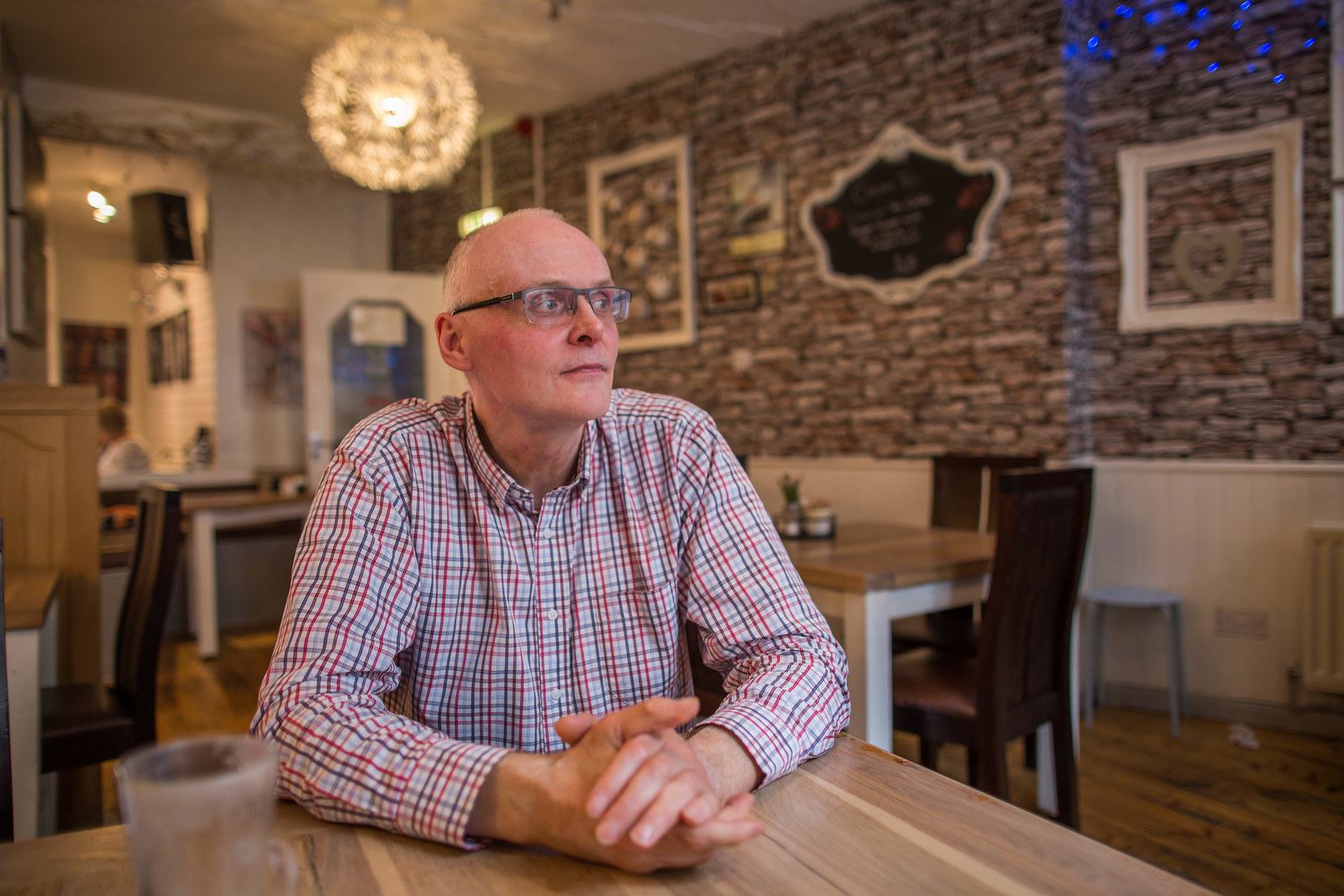
When BuzzFeed News meets Graham Towl (pictured above), a professor of forensic psychology at the university and former chief psychologist at the Ministry of Justice, he says he was frustrated by the media coverage of the university's high reporting figures. He does not believe that more reports means there are more attacks at Durham.
“The most likely hypothesis is that people are trusting the university more to come forward,” he said. “That’s contrary to all the evidence that we know anywhere else, that doesn’t stand any scrutiny at all,” he said. Though high reporting isn’t a “good news story”, it shows that students understand what assault is and feel confident to report it, he claims.
“There is a very low reporting level generally – huge underreporting with sexual violence in society. It’s a real problem; I know from my time at the Home Office. I think the universities with the highest reporting levels are those addressing this issue. These universities with a very low reporting levels have a lot more work to do. That is firmly my view.”
He described the press coverage highlighting high numbers of incidents at Durham as “problematic”, saying it might even put other universities off encouraging their students to report, for fear of the backlash.

Durham Student Union’s sabbatical welfare and liberation officer Rosa Tallack (pictured above) agrees that the university and union had taken a concerted approach, which has led to increased reporting.
However, she said there now needs to be a more “proactive approach” to tackle more subtle causes of assault, such as insidious misogyny found in sexist chants and initiations by sports teams. “Will the university now turn their attentions to those things under the surface, that it has turned a blind eye to?”
“They’re called traditions, but I think they create a more insidious landscape,” Tallack added. “They create an atmosphere where people don’t call out or question those objectifying, harassment behaviours. It’s less serious, but it’s what it normalises that will cause harm.”
Towl said there had been “problems with initiation ceremonies” for sports teams, but that “we have tried to do some extra training [with sports clubs] work with people who are going to be sports leaders”.
“There’s a very clear message that here it’s something that’s taken very seriously,” he told BuzzFeed News. “I don’t think Durham can be remotely complacent about this. There’s still a lot of work to do.”
He agreed that alcohol was a factor, but said focusing on it could encourage a blame culture. “The perpetrators are responsible for their actions, not the alcohol.”
“This is a problem in society,” he continued. “There’s potential there to do some really good work, that universities are uniquely placed in society for doing.”

Many issues at Durham are replicated at universities around the country. A survey carried ahead of the new academic year by student news website The Tab found that 44% of incoming female first-years around the country were concerned about sexual assault during freshers' weeks, and of those, almost all – 95% – were worried they would be assaulted by another student. The survey of more than 2,400 students found that the vast majority of those concerned about assault were women.
BuzzFeed News spoke to students around the country who experienced assaults and harassment in halls, university nightclubs, and even during group working projects. Their stories were evocative of the insidious culture and wider social issues that Tallack and Towl mentioned.
Victoria*, a current student at another Russell Group university, was raped in her first year by an undergraduate at a different university in a nearby town.
She had been speaking to the man for around two months online, before she drove over to his university to meet him. “I discovered the app Periscope and we got speaking on Twitter,” she said. “I was sceptical, but everyone at uni uses Tinder, and it was in the context of uni – it wasn’t a random stranger.
“We spent some time together, but it was with his friends, girls and guys, friends I recognised from social media, Snapchat, Twitter. It got quite late but I was still having fun,” she said, explaining that while the others went to bed, she stayed up with the man, in his halls.
“I didn’t have any intentions of anything happening but it did,” she said. “It got a bit intense. He raped me that night. It was really bad ... me asking him to stop and him not wanting to.”
She doesn’t think her attacker even realised what he had done. “He fell asleep after,” she told BuzzFeed News. “I was sitting there trying to work out what happened to me. I tried to tell myself what happened. I don’t even think he knows that he hurt me.”
She said her attacker “seemed a bit hurt that I wanted to go” after the incident. “I didn’t want to tell him that he raped me, because I was making him a rapist. He really crossed the boundary that day [but] I don’t think he understands what consent is.”
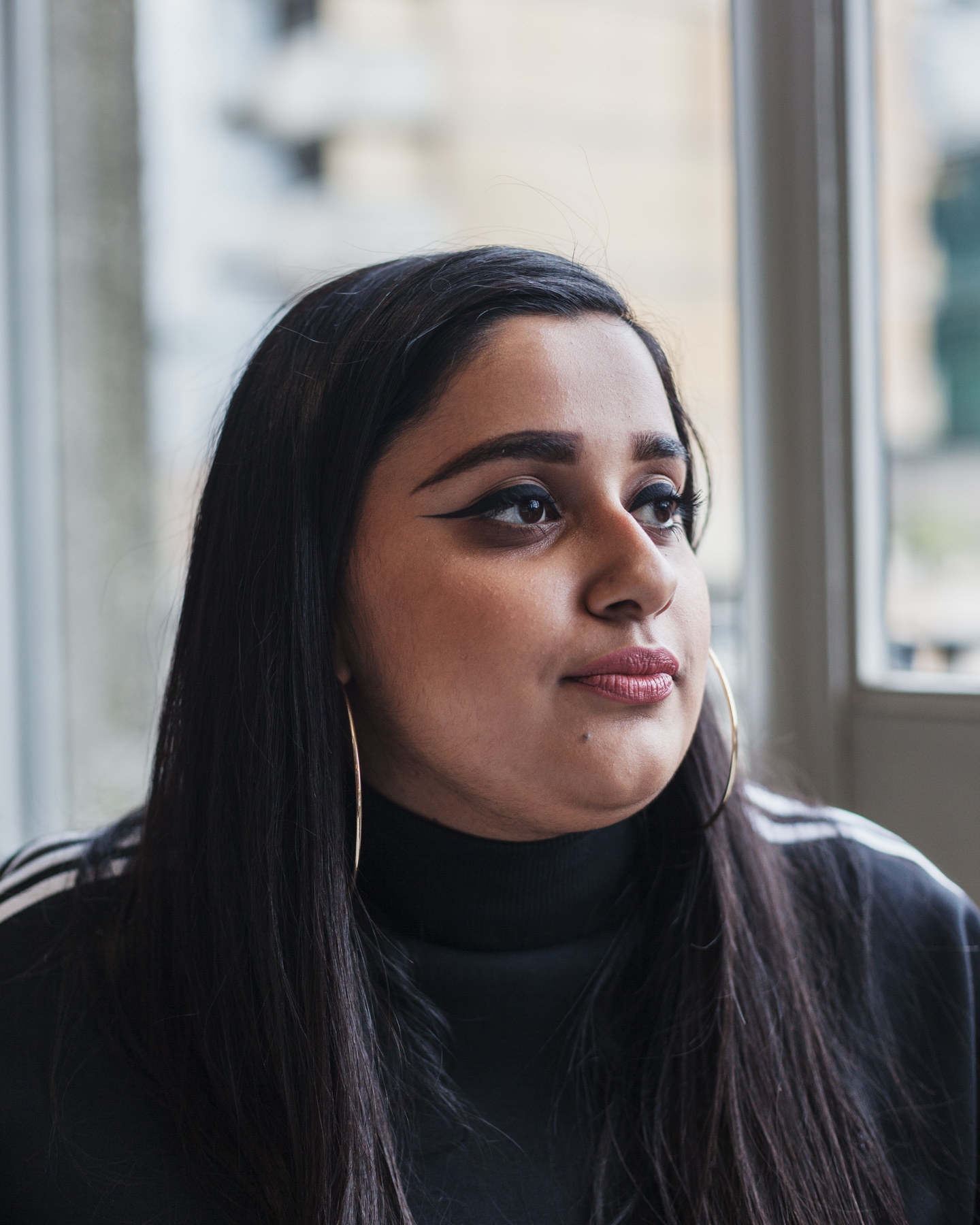
“It’s no secret that British universities often perpetuate a campus culture built on dangerous levels of alcohol intake, sexism, and sexual harassment,” the National Union of Students women’s officer Hareem Ghani told BuzzFeed News. “I think we need to be honest, have an honest conversation about what the state of affairs is. Students are coming to university and not knowing what basic consent looks like. It’s the university’s job to fill that gap.”
Victoria felt suicidal after the attack. “It was getting in the way of tasks like personal hygiene, feeding myself,” she said. “I couldn’t get to lectures at all, I could not face the outside world. I was so disgusted, so ashamed. I couldn’t shower, I couldn’t make my bed, I didn’t want to be around people let alone go to a lecture and concentrate for two hours.” She found things harder because the attack happened in her first year, before she had had time to forge real friendships. “There was nobody there that even cared that I was gone for two weeks, nobody missed me,” she said. She applied to study abroad for the rest of the year.
Victoria chose not to report her attacker to the police, but told her department as her university work had begun to suffer. She visited a university counsellor in her second year. “I didn’t want to at first, but it’s the best advice I could give to anyone – it was the only way I was able to deal with it.
“She came with me to the rape crisis centre, and she said she’d come with me to the police if I wanted to ... I really did feel supported, they have done so well.
”I asked the counsellor how long will it be until I stop feeling suicidal and stop feeling depressed, but [she said] there’s no right way. Every survivor’s experience is very different. And it’s okay not to go to the police. My mum said if I don’t go to the police, if it happens to another woman, that’s on me, but that’s not true.”
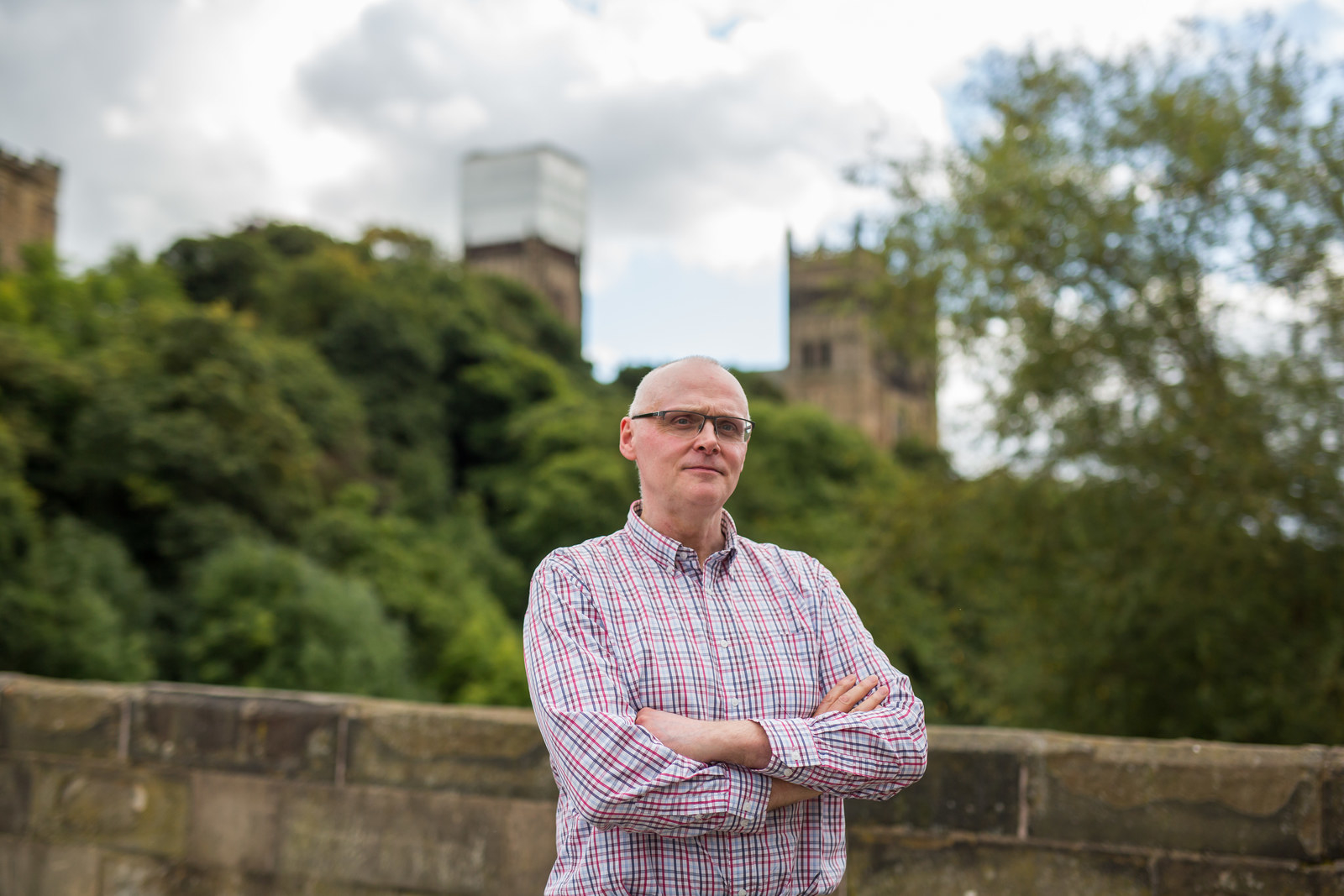
A report from Universities UK in October last year supported Towl’s view that universities are in a unique position to act on sexual assaults. It said the universities “are a microcosm of society” and “need to foster a culture which does not accept the normalisation of this behaviour”, adding that the higher education sector “with its community of 2.3 million students, is in prime position to change perceptions and culture and have a far-reaching and positive impact on wider society”.
Many universities are taking action. At Kent University, the students' union has implemented a “zero tolerance” approach on its premises, meaning anyone found to have committed an assault will be barred indefinitely. The union gives active bystander training to students, in the form of three, 1.5-hour sessions, and has put up "Ask for Angela" posters encouraging people to say they want to speak to "Angela" as a codeword to tell bartenders they feel unsafe.
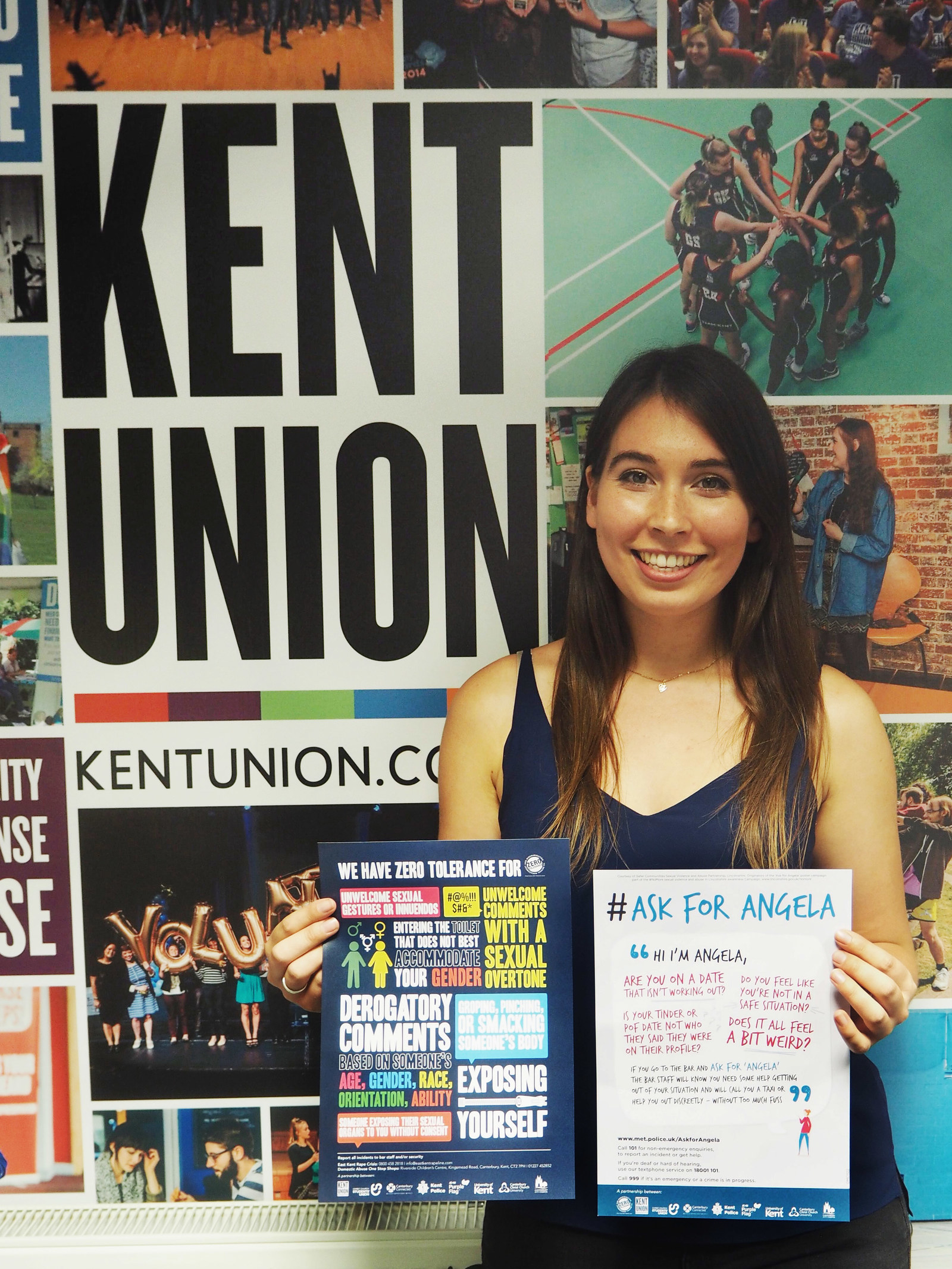
In a UK first, the union has also sought to affect change beyond the university, lobbying the county council to ensure that local venues agree to tackle harassment as a condition of their license. The training for bar, club, and door staff teaches proactive intervention and how to best support reporting, in a series of hourlong workshops, and the union is also rolling out a zero tolerance accreditation scheme for bars and clubs.
Appetite for this is high, union president Ruth Wilkinson told BuzzFeed News: “There’s been some really positive feedback. We’ve had some [venues] come forward who want to be the pilot license holders – they want to be part of it from the off.
“I think our students know that we’re very passionate about it, that we’re tackling it in different ways. The main thing about this is it’s communities coming together to tackle this kind of behaviour.”

At Oxford University, which had the same number of reports of sexual assault at Durham in the figures last year, the focus is on consent, with classes now compulsory for all new students. Katy Haigh, the current vice president for women at Oxford’s student union, told BuzzFeed News that the sessions, which started in 2011 and have been mandatory since 2016, have been replicated at many universities up and down the country, as well as extended to some secondary schools around Oxford and also a British school in France.
Feedback from those who took the workshops at Oxford last year found that 99% of undergraduates and 97% of graduates found the workshops at least slightly helpful, while 83% of undergraduates and 72% of graduates said the workshops were either helpful or very helpful.
Oxford University Student Union consent workshop feedback:
Like the Durham officials, Katt Walton, the chair of Oxford's sexual violence awareness campaign It Happens Here, said that high levels of reporting at the university show that measures to improve the experience of students have been successful.
“I think in particular Oxford and Durham both have very good consent workshops,” she told BuzzFeed News. “Since we have been running the consent workshops we have been seeing incidents reported more.”
But she believed that to actually prevent more assaults, students need to understand consent before they start university. “It’s the only way we can prevent these incidents from happening.”

A student at Oxford who was raped in her first year agrees that an apparent lack of understanding of consent is a factor, but pointed to wider problems with university environments.
Describing the night she was attacked by a man who drove her home after they met in a club in the town, Amy* told BuzzFeed News: “I remember him trying to undress me in the car with one hand, his other on the wheel. I remember I was wearing a tank top and no bra so he was quite eager to get my breasts out.
“When we arrived back at mine, I somehow managed to stay on my feet long enough to get through the door. To this day I'm not sure how or why I let him in, but regardless before I knew it he was in my room.
“I remember feeling a bit scared because I knew just how drunk I was, and I didn't know what was going to happen. The last thing I remember before passing out completely is lights being turned off and him on top of me. I can remember it hurting a little and the feeling of my hands on his head, trying to muster whatever energy I had to push him away. But at that point I was so out of it, it was like wind trying to move a mountain.”
The next morning, she woke up and saw the man next to her. “It all came flooding back. Not my memory necessarily, but how the night had made me feel. I immediately went to the toilet to throw up.”
She saw a used, bloody condom on the floor. “It was then I knew that even after I had passed out, he had continued to have sex with me.”
“It took me a long time to understand that this was rape and to call it rape. I just knew I wanted to curl up and die.” This was despite that fact that she considered herself very informed about consent and assault. “I had been a part of my college's advocacy group, and I knew that no matter what it is never the victim's fault.”
Like Victoria, Amy said her attacker didn’t seem to understand what had happened. “He asked for my phone number. He said he wanted to take me out in London and party sometime.”
“I was worried for a bit that he would try to find me or come back. I lived in halls my first year, and the college had placed our full names outside each of doors, so in the back of my mind I did wonder if he would ever try to track me down. But he never did.
“For the next few days I completely dissociated and was just numb. I cleaned up everything in my room and washed my sheets as quickly as I could. After that I just stayed in my room for the next few days. I didn't know what to do.”
Amy said she did not report the rape to the university initially, as she feared she would not be taken seriously. “I would blow off my supervisor and avoid her emails, completely paralysed by the idea of facing her or anyone,” she told BuzzFeed News. “I hardly went to class either. I loved my course but anytime I tried to focus on work I just couldn't.
She feels that welfare provision varies widely between Oxford's 38 colleges, but, she said, “For the most part rape and sexual assault and more importantly consent is not given the attention it deserves.”
Support for survivors often comes from other survivors, she said, as they feel they have nowhere else to turn: “We need more than just anonymous chat rooms and message boards for survivors to share their stories.”
Amy saw a counsellor outside of Oxford, who helped her to deal with anxiety and depression, and didn’t report the incident to the police. “I knew that even if I had gone to the police, I wouldn't be taken seriously. I had been drunk, scantily clad, and most definitely not a virgin. I had also taken him back to mine, and afterwards had cleaned up and showered destroying any physical evidence.”
Amy was sexually assaulted again in her first year in a separate incident, as well a third time some time later. She eventually told the university what had happened, and then found that its help was invaluable. “I ended up just kind of blurting out everything that had happened to me, the rape and sexual assault, seeing my counsellor for anxiety and depression. I had also been cultivating a growing cocaine habit, along with drinking to numb what had happened."
She spoke to a senior tutor who “could not have been more sympathetic. I just wish I'd spoken up sooner. My work improved my second year, I eventually stopped the coke, and I managed to graduate with my master's.”
Amy criticised her university for a culture of that can feel dissociated from the wider world, leading to her and students feeling they can’t easily speak out. “There is obviously a lot of money that exists at Oxford … and that privilege fosters a sense of suspended reality; the rules of the ‘real world’ don't apply.
“How can they when you have just shared a line with a tutor at an impromptu orgy the previous night and today you're in a lecture that they're co-leading?"

A University of Oxford spokesperson told BuzzFeed News: “A wide-ranging campaign across the university in recent years has made clear that sexual assault and harassment, whether by staff or students, will not be tolerated anywhere at Oxford.
“We have put the students themselves at the centre of the process, allowing them to make first disclosures at a level where they are most comfortable, whether within their college, to trained student supporters or to central university staff. We see the number of students now coming forward to disclose or report incidents as reflecting the progress made. Students can be clear on where to go for support and confident that they will be listened to.”
The spokesperson mentioned changes like a "first response" smartphone app for survivors, and introducing more than 380 voluntary harassment advisers across the university “trained to support students in understanding their options, including how to make a formal complaint, and guiding them to the range of support services Oxford offers”.
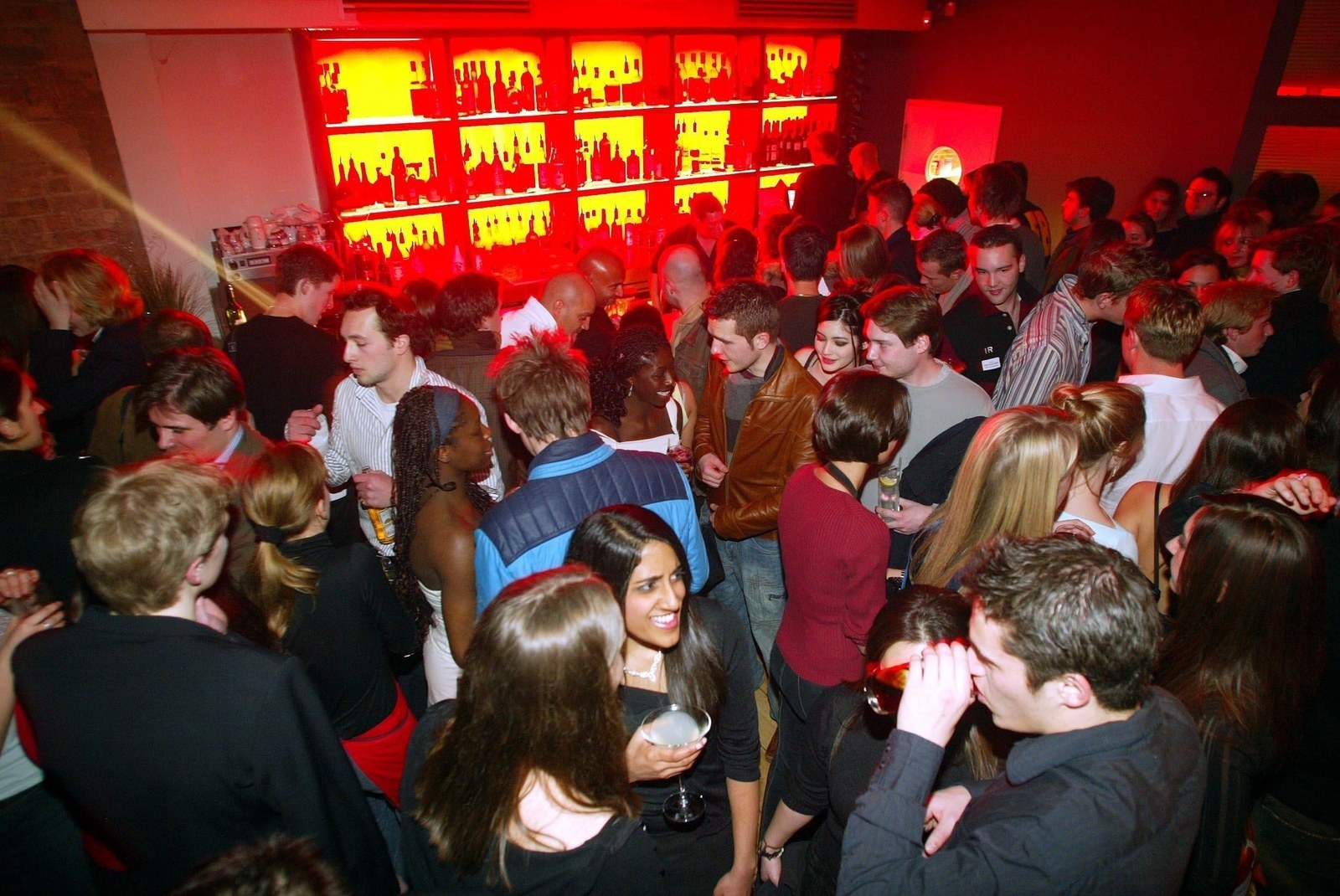
Its counselling service has been described as ‘incredibly valuable’ in testimony from sexual assault survivors, it said, and a joint working group on sexual violence was set up after the 2016 Universities UK report.
While she found the university’s support helpful when she did approach them as a victim, Amy told BuzzFeed News a cultural shift is needed to stop incidents happening in the first place. “We need more than the rising suicide rate at Oxford to constantly remind us we have a problem we're not dealing with.
“We need a systematic response from the university as well as legislators and law enforcement to match the feeling of safety and security that we have had to cultivate amongst ourselves to survive.”
Despite the many attempts being made to tackle issues and help survivors, advocates like Ghani from the NUS maintain that universities still need to accept the enormity of the challenge by looking bluntly at their cultures as well as calling for things like consent education at school, before students even arrive for freshers’ week. “We can’t see it in isolation to what’s going on in broader society,” she said.
“That’s something we need to have an honest conversation about. Society has an issue with confronting the fact that sexual violence is a big issue.”
*Names have been changed to protect identities. None of the individuals identified in the images above are either victims or perpetrators of any sexual abuse.

